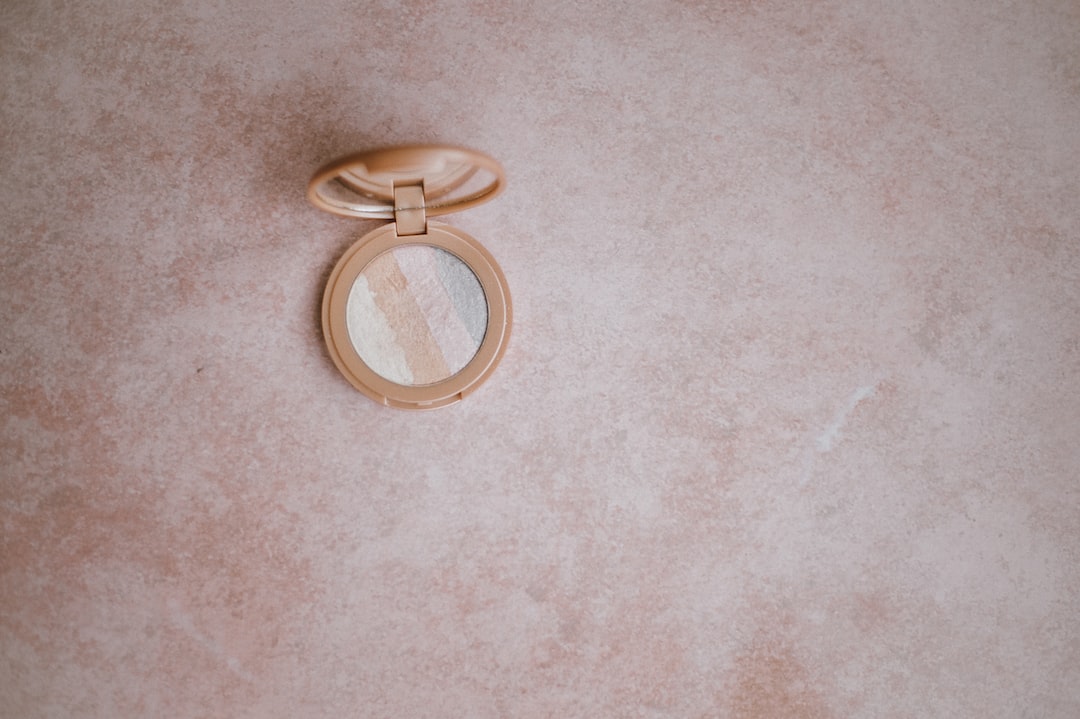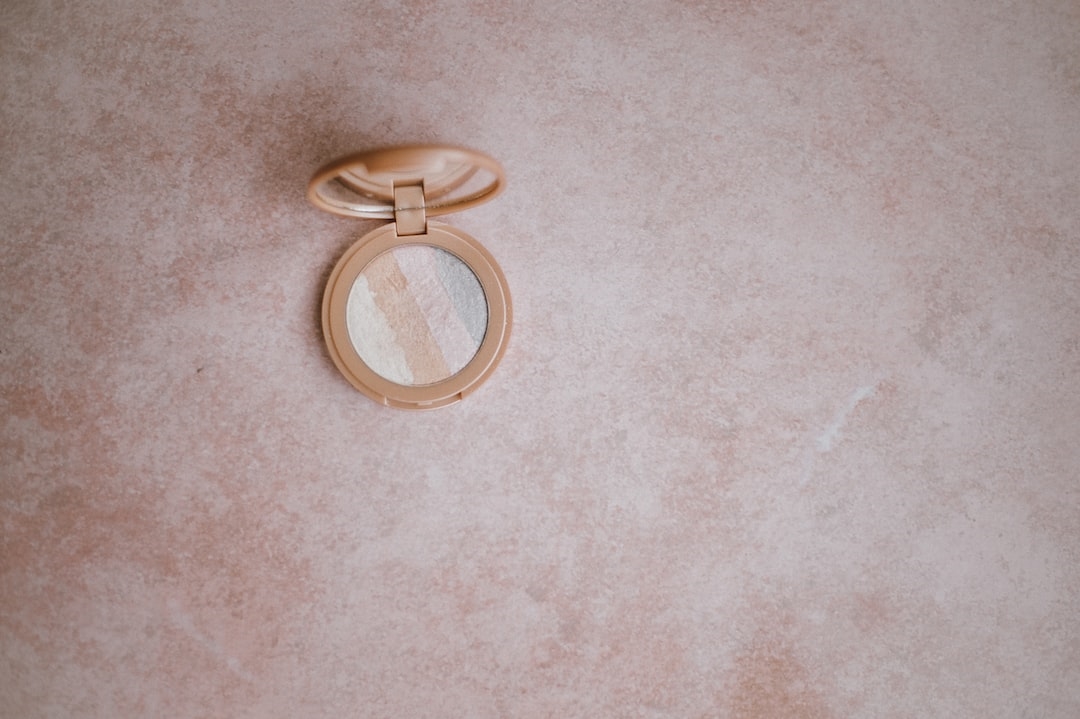Getting a lip tattoo can be an exciting and trendy way to express yourself. However, many people wonder if getting a lip tattoo is a painful experience. One common question is whether or not the lip is numbed before the tattooing process. In this article, we will explore the topic and provide some insights.
Why numbing is important for lip tattoos?
Tattooing any part of the body can cause some level of discomfort, and the lip is no exception. The lip is a sensitive area due to its thin skin and high concentration of nerve endings. Numbing the lip before a tattoo can help minimize the pain and discomfort associated with the process.
Methods of numbing the lip
There are a few methods that tattoo artists may use to numb the lip before a lip tattoo. These methods include:
- Topical numbing creams: These creams are applied directly to the skin before the tattooing process. They typically contain lidocaine or a similar numbing agent. The cream is left on for a specific duration to ensure the lip is adequately numbed.
- Nerve block injections: In some cases, a tattoo artist may work with a healthcare professional to administer a nerve block injection. This involves injecting a local anesthetic into the nerves surrounding the lip area, effectively numbing the entire region.

Effectiveness of numbing the lip
The effectiveness of numbing the lip before a tattoo can vary from person to person. Factors such as individual pain thresholds and the specific numbing method used can impact the level of pain experienced during the procedure. Numbing creams are generally effective at reducing pain, but they may not completely eliminate discomfort.
Consultation with your tattoo artist
If you are considering getting a lip tattoo and are concerned about the pain, it is essential to have a consultation with your tattoo artist. They will be able to discuss the numbing options available and provide advice based on your specific needs and preferences.
During the consultation, you can also discuss any concerns you may have about the tattooing process. This is a great opportunity to ask questions, address any worries, and ensure that you are well-prepared for the experience.
Aftercare and pain management
After getting a lip tattoo, it is crucial to follow the aftercare instructions provided by your tattoo artist. This typically includes avoiding certain foods and drinks, using gentle skincare products, and avoiding excessive sun exposure.
If you experience discomfort or pain after the lip tattoo, your tattoo artist may recommend over-the-counter pain relievers or topical ointments to help manage the pain. However, it’s essential to follow their advice and not self-medicate without consulting a professional.
While the lip tattooing process can cause some discomfort, numbing methods are often used to minimize the pain. Topical numbing creams and nerve block injections can help make the experience more bearable. Consulting with your tattoo artist and following proper aftercare instructions can further help ensure a successful and pain-managed lip tattoo.
